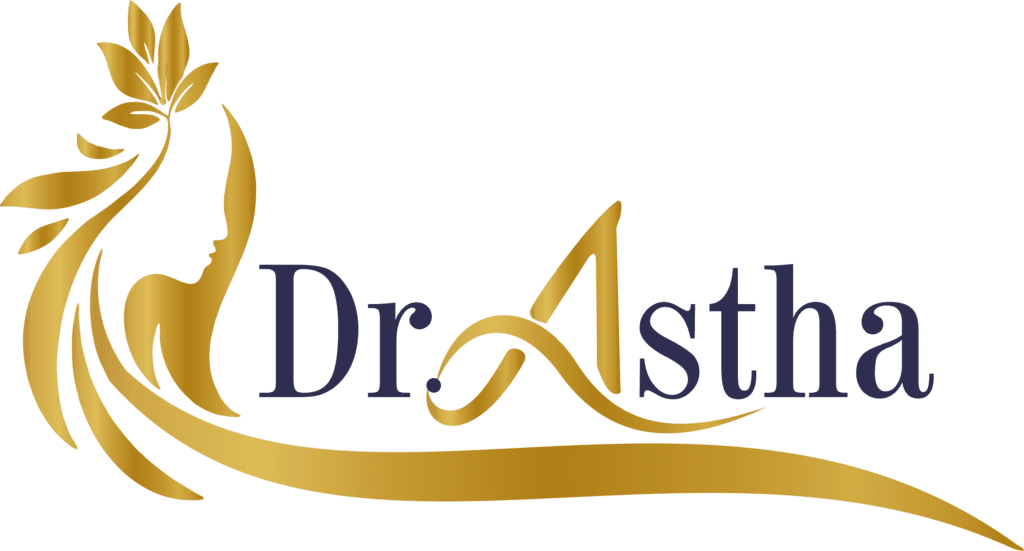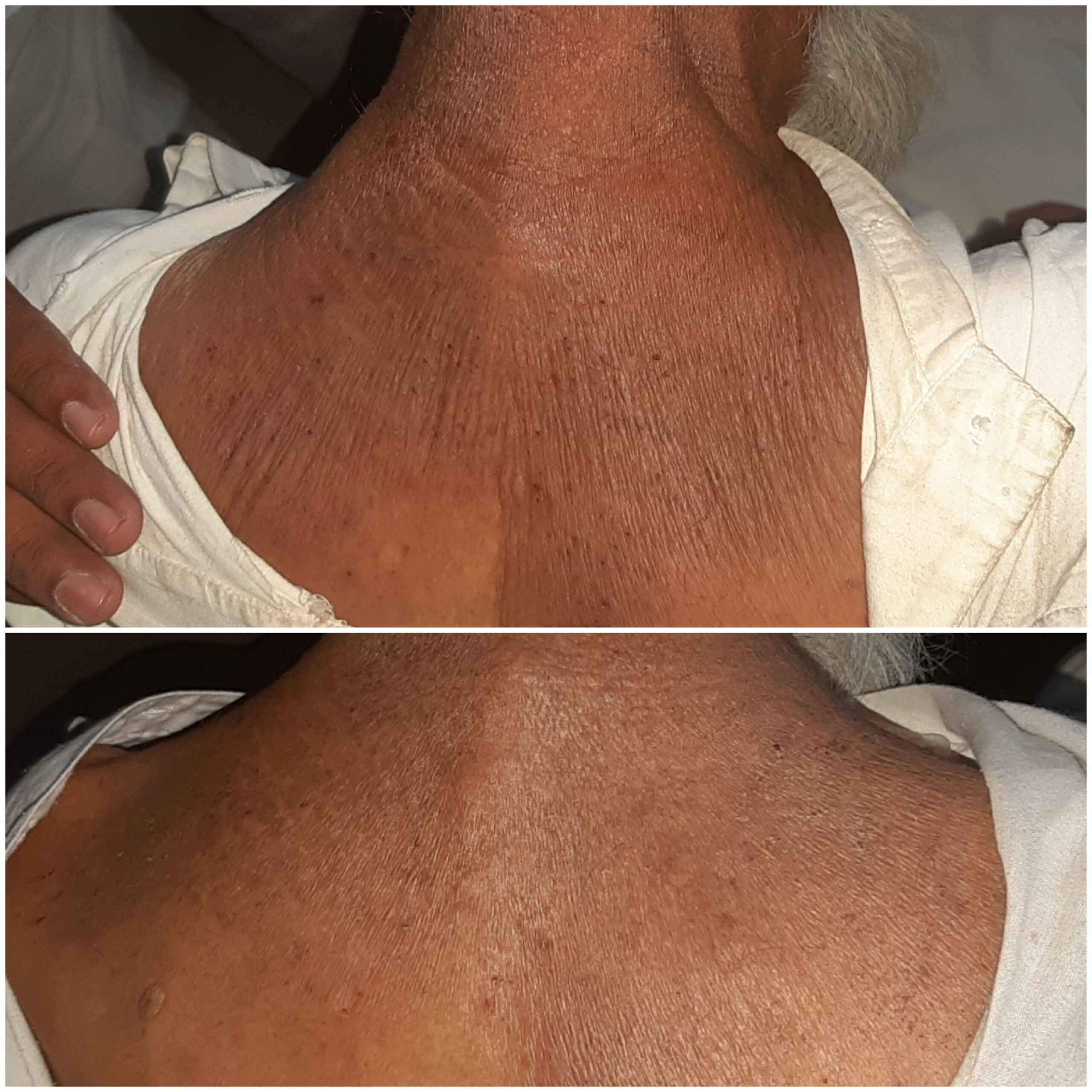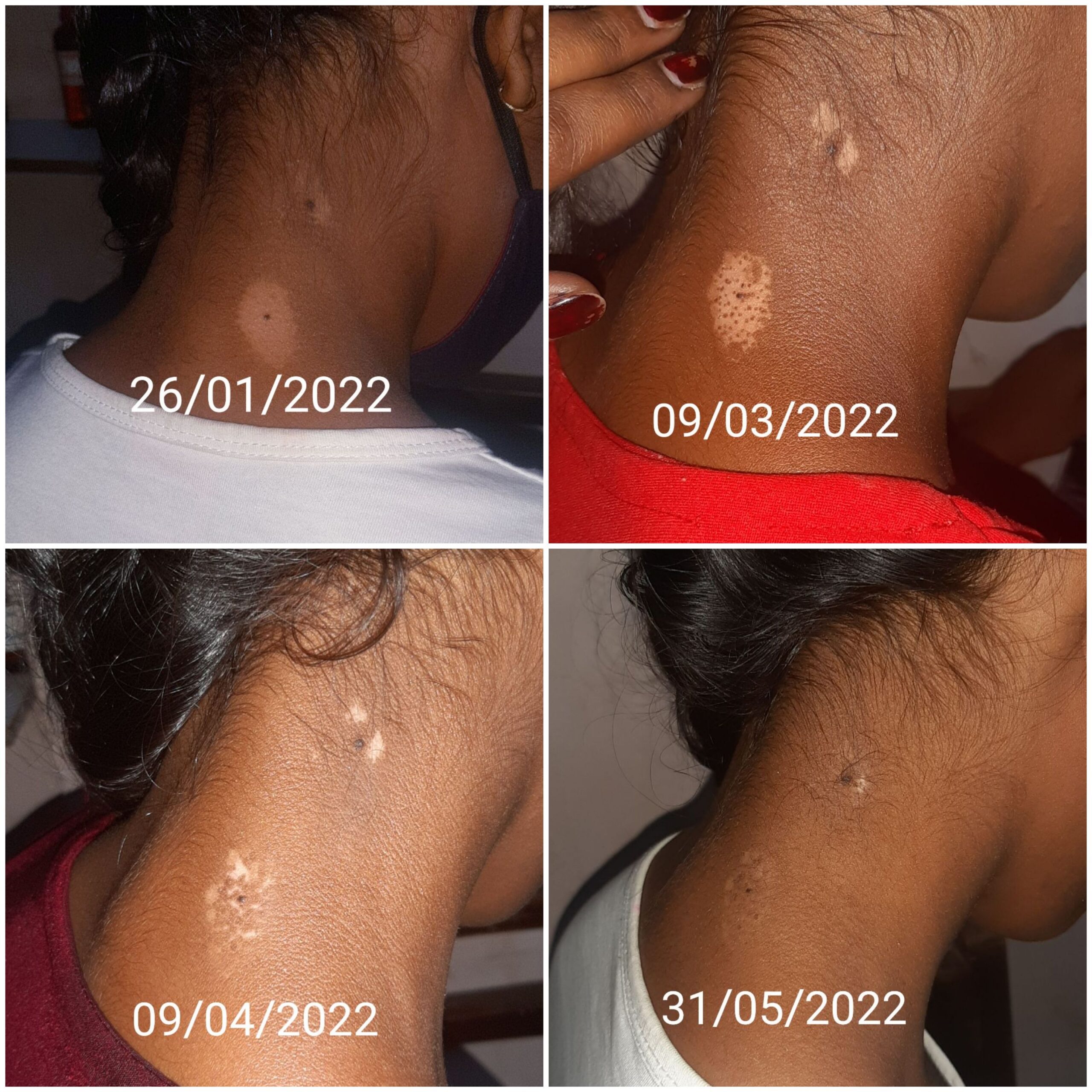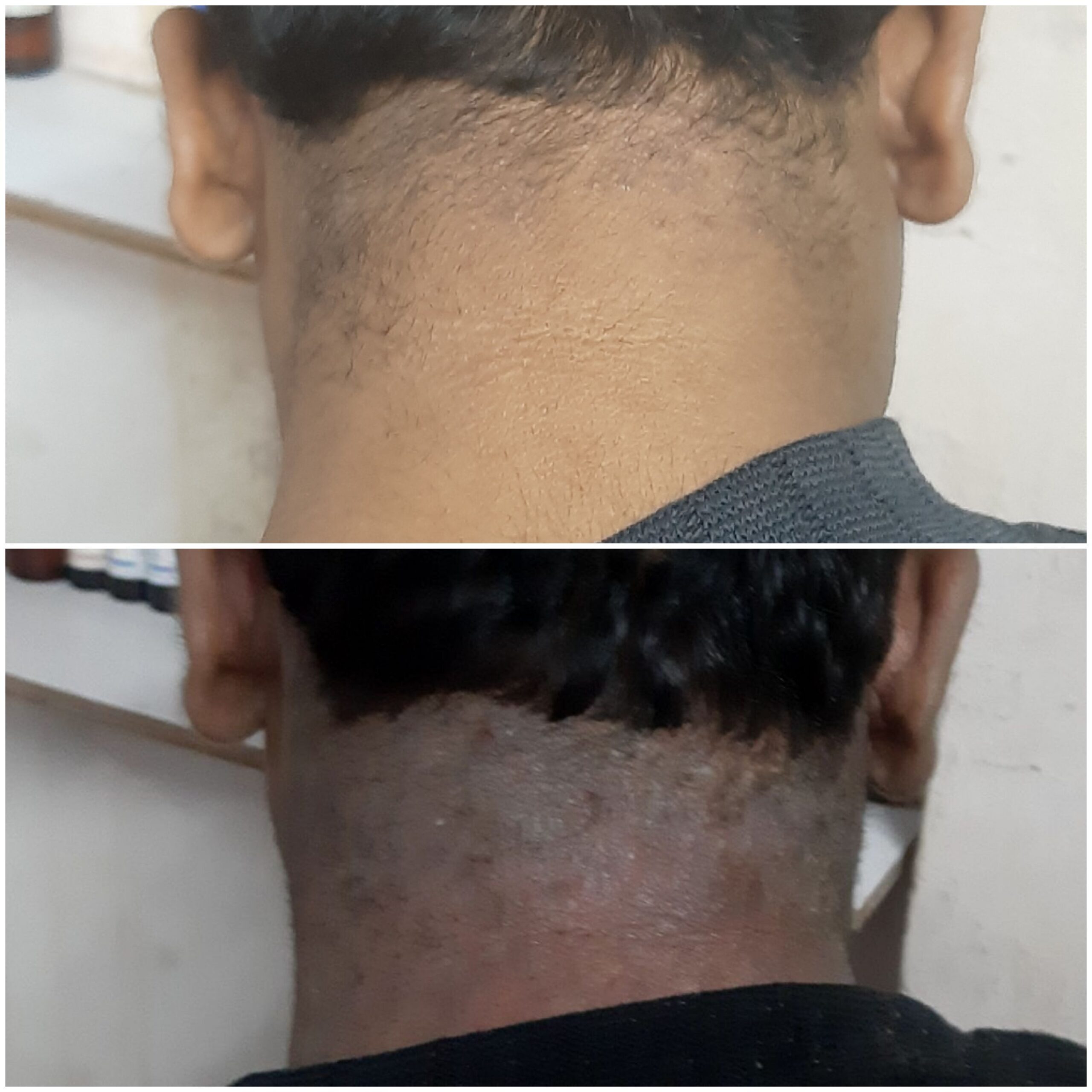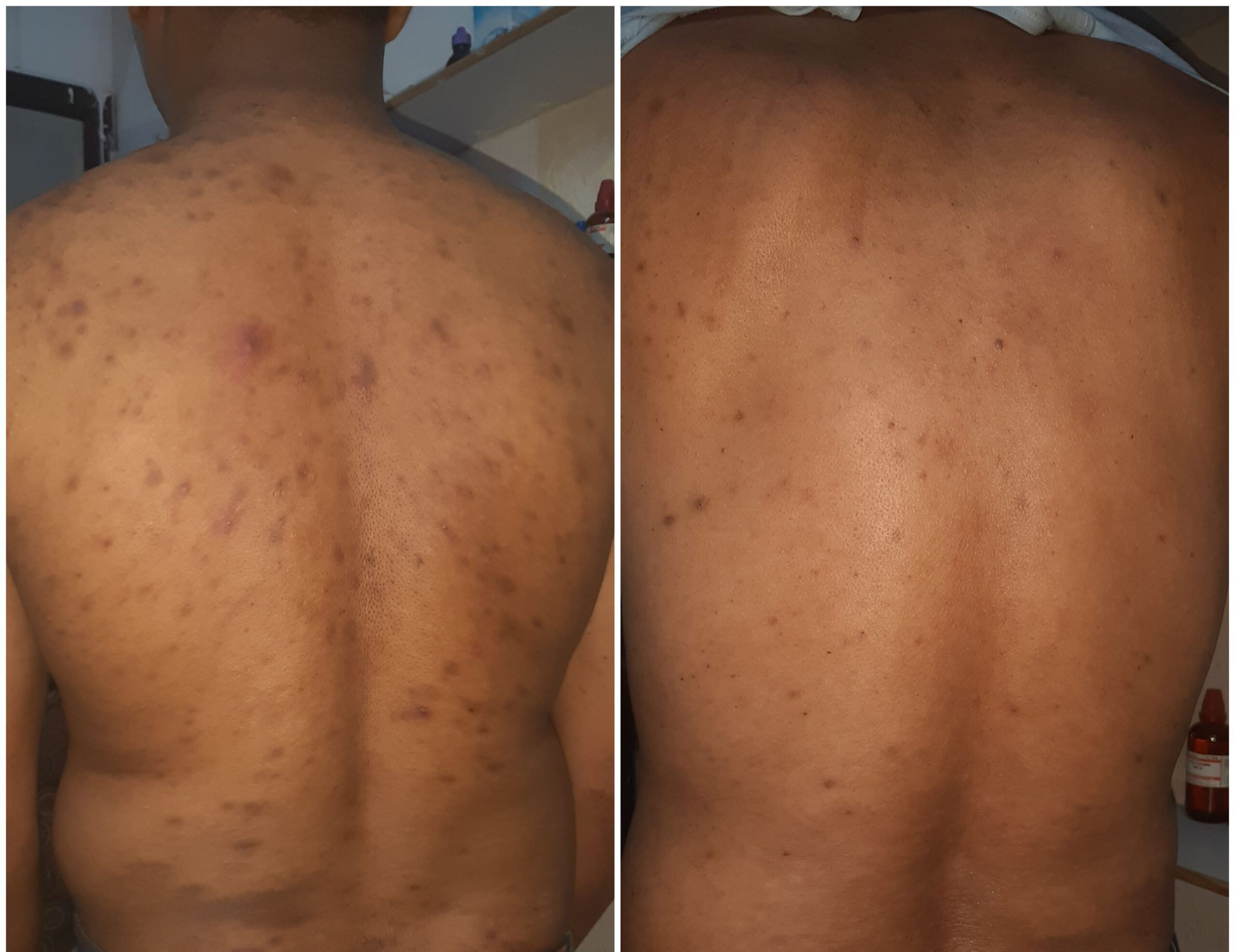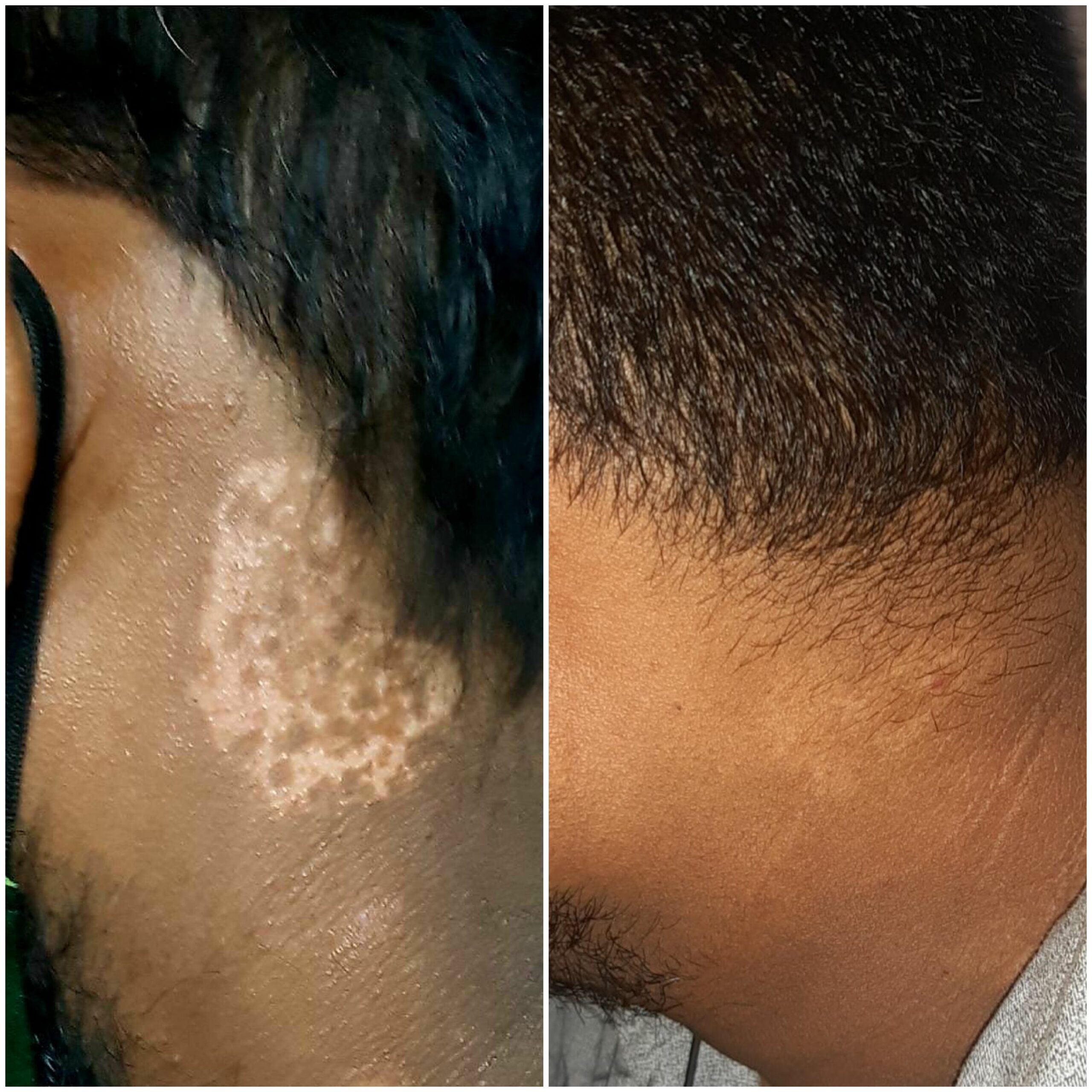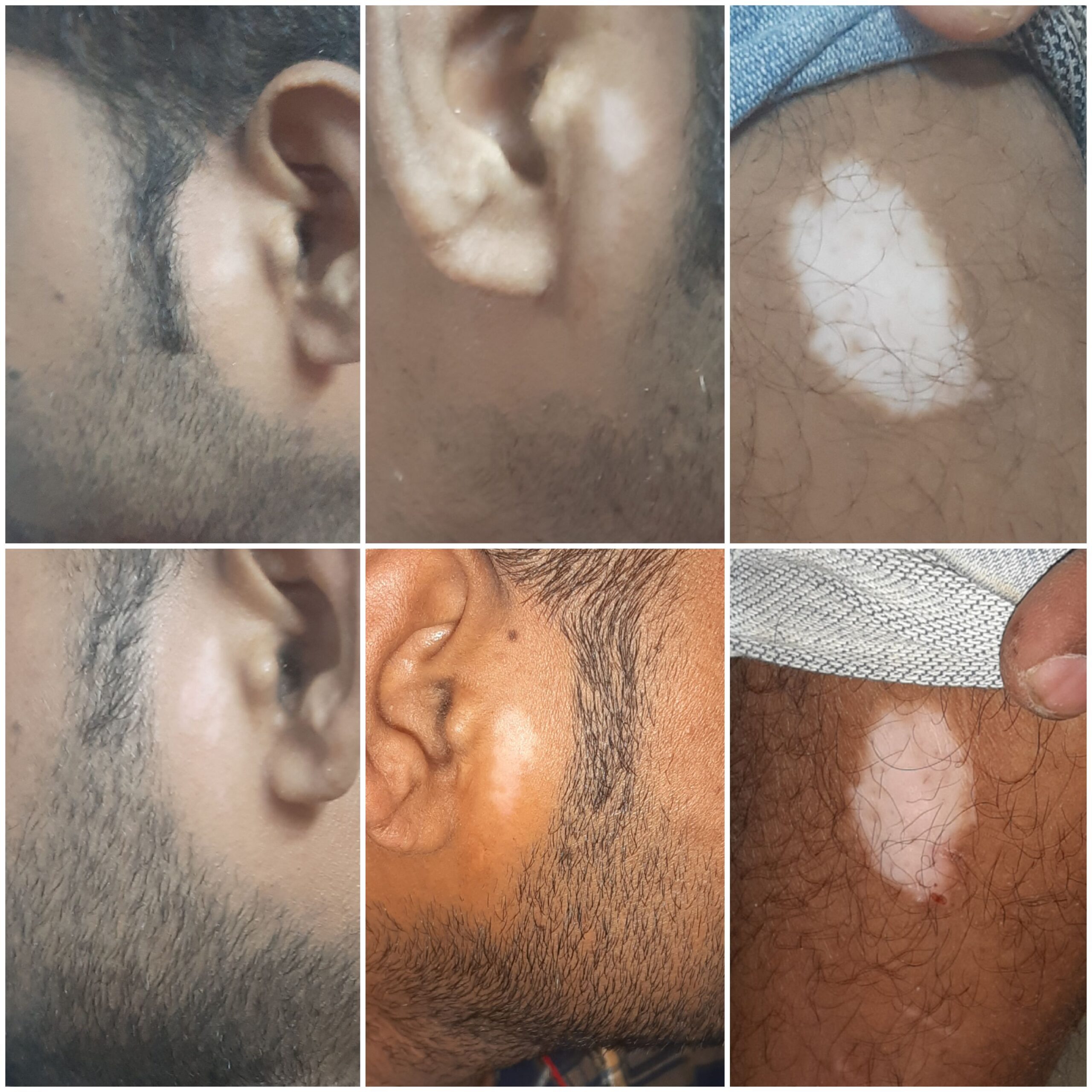Hair loss is a pervasive issue that impacts countless individuals globally, irrespective of age, gender, or ethnicity.
It’s crucial to recognize the significance of tackling hair loss, as it not only affects one’s physical appearance but also their psychological well-being, self-esteem, and overall quality of life.
This article aims to provide a comprehensive overview of hair loss, its various causes, types, prevention strategies, and treatment options. By understanding the complexities of hair loss, individuals can make informed decisions about managing and addressing this common concern.
Understanding Hair Loss
Hair loss can stem from various factors, including genetics, hormonal imbalances like androgenetic alopecia, and medical conditions such as thyroid disorders or autoimmune diseases.
Beyond its physical manifestations, hair loss often takes a toll on one’s emotional and psychological well-being, leading to feelings of self-consciousness, anxiety, and even depression.
Early detection and intervention are crucial in managing hair loss effectively, as addressing the underlying causes promptly can prevent further progression and improve treatment outcomes.
Types of Hair Loss
Hair loss manifests in different forms, each with its unique characteristics and triggers. Common types include male pattern baldness, characterized by a receding hairline and thinning at the crown; alopecia areata, an autoimmune condition resulting in patchy hair loss; and telogen effluvium, a temporary shedding of hair due to stress or trauma.
Symptoms of each type vary, with male pattern baldness typically progressing gradually over time, alopecia areata presenting as round patches of hair loss, and telogen effluvium causing sudden, diffuse shedding.
Certain populations may be more predisposed to specific types of hair loss; for instance, male pattern baldness primarily affects men, while alopecia areata can occur in individuals of any age or gender. Understanding these distinctions can aid in targeted prevention and treatment strategies.
Prevention Strategies
Adopting a holistic approach to hair health involves making lifestyle changes such as maintaining a balanced diet rich in vitamins and minerals essential for hair growth, practicing stress management techniques, and implementing proper hair care practices like using gentle products and avoiding excessive heat styling.
Incorporating vitamins and supplements known to support hair growth, such as biotin, vitamin D, and omega-3 fatty acids, can complement a healthy diet and promote optimal hair health. However, it’s essential to consult with a healthcare professional before starting any new supplements.
Tailoring prevention strategies to specific demographics can be beneficial, with men focusing on managing conditions like male pattern baldness through treatments like finasteride or minoxidil, while women may benefit from addressing hormonal imbalances or dietary deficiencies that contribute to hair loss.
Treatment Options
Various treatment modalities exist for managing hair loss, ranging from over-the-counter medications like minoxidil to prescription drugs such as finasteride, which work to inhibit the hormone responsible for hair follicle shrinkage. Additionally, topical treatments like corticosteroids or anthralin may be prescribed to address specific types of hair loss.
While these treatments can yield positive results for many individuals, it’s essential to weigh the potential benefits against the risk of side effects, which can include scalp irritation, sexual dysfunction, or allergic reactions. Surgical interventions like hair transplantation offer a more permanent solution for those with advanced hair loss but require careful consideration and consultation with a qualified specialist.
Factors to consider when selecting a treatment approach include the underlying cause and severity of hair loss, individual preferences and lifestyle factors, and the potential for treatment adherence. Consulting with a healthcare provider or dermatologist can help determine the most suitable treatment plan tailored to your specific needs and goals.
Natural Remedies
Natural remedies offer a holistic approach to combating hair loss, encompassing methods like essential oil treatments, herbal supplements, and scalp massages. These remedies often harness the power of nature’s ingredients to nourish the scalp, stimulate hair follicles, and promote healthy hair growth.
Scientific research supports the efficacy of certain natural remedies in addressing hair loss. For example, studies have shown that essential oils like peppermint oil and rosemary oil exhibit hair growth-promoting properties, while herbal supplements like saw palmetto may help block the hormone DHT, which is linked to hair loss.
Incorporating natural remedies into your hair care routine can complement conventional treatments and promote overall scalp health. Simple practices like massaging essential oils into the scalp, taking herbal supplements, or using natural hair masks can provide nourishment and stimulate blood circulation, supporting optimal hair growth.
Lifestyle Factors
Lifestyle choices can significantly impact hair health, with factors like smoking, excessive heat styling, and poor nutrition contributing to hair loss. Smoking restricts blood flow to the scalp, leading to reduced hair growth, while frequent use of heated styling tools can damage hair shafts and exacerbate hair loss.
Minimizing the impact of lifestyle factors on hair health involves adopting healthy habits like quitting smoking, limiting heat styling, and maintaining a balanced diet rich in essential nutrients for hair growth. Protecting hair from environmental stressors, such as UV radiation and pollution, can also promote overall scalp health and reduce the risk of hair loss.
By prioritizing healthy lifestyle habits, individuals can support the vitality of their hair and minimize the risk of hair loss. Consistent care and attention to factors like diet, stress management, and hair care practices can contribute to stronger, healthier hair and a more resilient scalp.
Seeking Professional Help
It’s crucial to know when to seek professional help for hair loss concerns. If you notice excessive shedding, sudden hair thinning, or significant changes in your hair growth pattern, it’s advisable to consult a healthcare professional. They can evaluate your symptoms, medical history, and lifestyle factors to determine the underlying cause of your hair loss.
The diagnostic process for identifying the cause of hair loss typically involves a thorough examination, medical history review, and possibly blood tests or scalp biopsies. Dermatologists and hair loss specialists have the expertise to conduct these assessments and provide accurate diagnoses.
Dermatologists and hair loss specialists play a pivotal role in offering personalized treatment recommendations tailored to your specific needs. They can prescribe medications, recommend lifestyle modifications, and suggest advanced treatments like platelet-rich plasma (PRP) therapy or hair transplants, depending on the severity and cause of your hair loss.
Support and Resources
Support groups, online forums, and resources are valuable sources of support for individuals experiencing hair loss. Connecting with others who share similar experiences can provide emotional support, practical advice, and a sense of community during challenging times.
Seeking emotional support is essential for coping with the emotional impact of hair loss. Whether through online communities or in-person support groups, finding a supportive network can help alleviate feelings of isolation and provide encouragement throughout your hair loss journey.
Remember that you’re not alone, and there are resources available to support you every step of the way. Don’t hesitate to explore support groups, connect with professionals, and seek help when needed.
In conclusion, addressing hair loss requires a multifaceted approach that includes self-care, professional guidance, and support from others. By understanding the causes of hair loss, seeking professional help when needed, and accessing available resources, individuals can take proactive steps towards hair loss prevention and treatment.
Remember that experiencing hair loss is a common concern that many people face, and you’re not alone in your journey. Stay empowered, stay informed, and remember that there are solutions and support available to help you navigate this challenge.
Ultimately, prioritizing self-care and seeking professional guidance can empower you to take control of your hair health and embrace a positive mindset on your journey towards healthier, happier locks.
